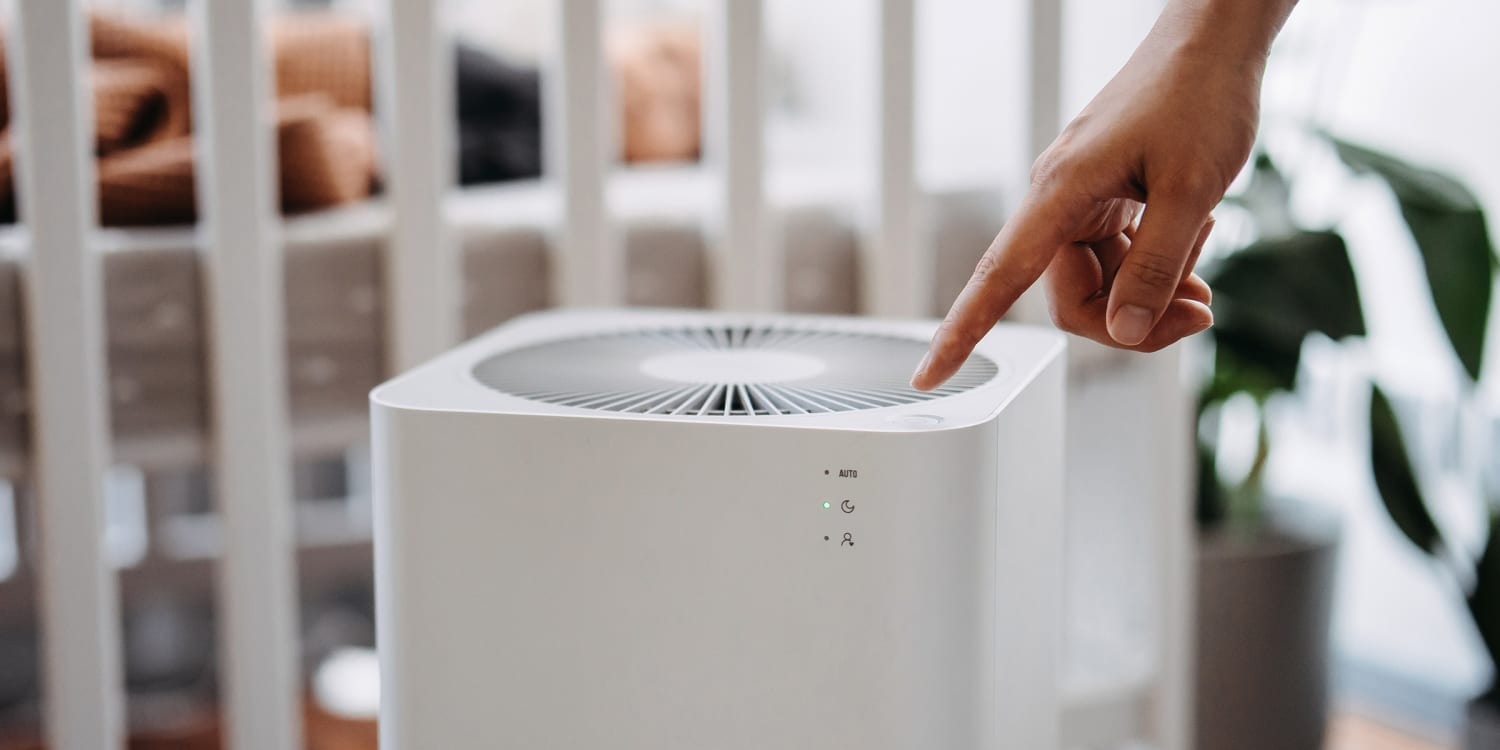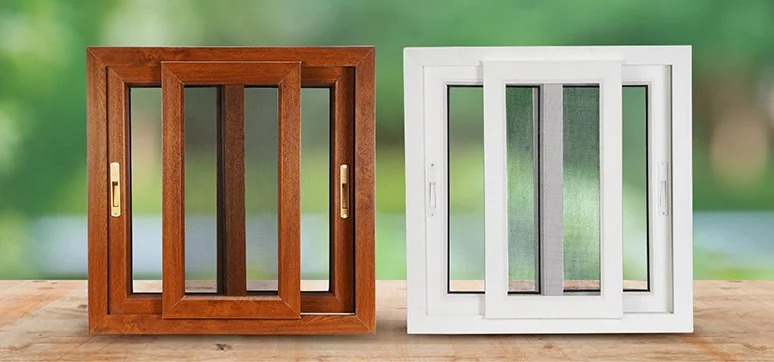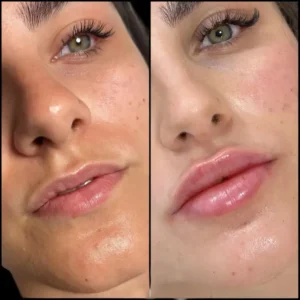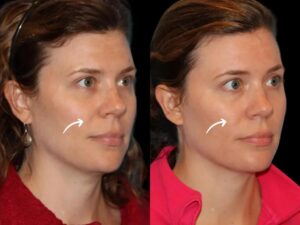Air Purifier Manufacturing Plant Setup Cost | Machinery Requirements
IMARC Group’s “Air Purifier Manufacturing Plant Project Report 2025: Industry Trends, Plant Setup, Machinery, Raw Materials, Investment Opportunities, Cost and Revenue” report provides a comprehensive guide on how to successfully set up an air purifier manufacturing plant. The report offers clarifications on various aspects, such as unit operations, raw material requirements, utility supply, infrastructural needs, machinery models, labour necessities, transportation timelines, packaging costs, etc.
In addition to the operational aspects, the report also provides in-depth insights into air purifier manufacturing plant cost, project economics, encompassing vital aspects such as capital investments, project funding, operating expenses, income and expenditure projections, fixed and variable costs, direct and indirect expenses, expected ROI, net present value (NPV), profit and loss account, and thorough financial analysis, among other crucial metrics. With this comprehensive roadmap, entrepreneurs and stakeholders can make informed decisions and venture into a successful air purifier manufacturing unit.
Request for a Sample Report: https://www.imarcgroup.com/air-purifier-manufacturing-plant-project-report/requestsample
What is Air Purifier?
An air purifier is a device designed to remove contaminants and pollutants from indoor air to create a cleaner, healthier living or working environment. Using technologies such as HEPA filters, activated carbon, UV light, and ionizers, air purifiers capture dust, allergens, smoke, odors, pet dander, bacteria, and harmful particles that can negatively affect respiratory health and overall well-being. They are commonly used in homes, offices, schools, hospitals, and commercial spaces to improve air quality and support a healthier lifestyle, especially for individuals with allergies, asthma, or sensitivities.
Market Trend and Drivers of Air Purifier:
The air purifier industry is witnessing strong growth driven by rising awareness of indoor air pollution, increasing prevalence of respiratory illnesses, and growing urbanization across major economies. Key trends include the adoption of smart and IoT-enabled air purifiers, portable and compact designs, and integration with smart home ecosystems for real-time monitoring and automation. Additionally, demand for energy-efficient and low-noise purifiers is increasing, along with interest in eco-friendly filtration materials and sustainable product life cycles. Government initiatives, post-pandemic hygiene priorities, and pollution in densely populated regions continue to fuel global market expansion.
Key Aspects to Setup an Air Purifier Plant:
- Location to Setup Plant – Select an accessible and cost-effective site with reliable utilities, skilled labor availability, and logistics support.
• Market Research – Analyze demand, competitors, pricing, target customers, and regulatory requirements to plan profitable production.
• Plant Layout – Design an efficient workflow-based layout that maximizes productivity, safety, and space utilization.
• Construction and Infrastructure – Build suitable manufacturing facilities with proper ventilation, power supply, storage, and waste management systems.
• Equipment/Machinery Procurement – Acquire high-quality and compliant machinery, testing tools, and automation systems for efficient production.
• Documentation and Licenses – Obtain required legal, regulatory, environmental, and quality certifications to operate legally and safely.
• Cost Analysis – Estimate capital and operational expenses, including machinery, labor, materials, utilities, and marketing to ensure financial feasibility.
Requirements to Setup a Facility:
- Funds
- Machinery
- Lands
Types of Costs to Setting up an Air Purifier Factory:
- Land, Location and Site Development Cost – Expenses for acquiring land, preparing the site, and ensuring suitable infrastructure for the factory.
- Plant Layout Cost – Costs involved in designing and organizing the factory layout for efficient production flow.
- Machinery Requirements and Costs – Investment in specialized machines, equipment, and tools needed for air purifier manufacturing.
- Raw Material Requirements and Costs – Costs of procuring materials like filters, motors, casing materials, and electronic components.
- Packaging Requirements and Costs – Expenses for packaging materials, design, and branding to protect and present the final product.
- Transportation Requirements and Costs – Costs of logistics for raw materials delivery and distribution of finished products.
- Utility Requirements and Costs – Expenses for electricity, water, compressed air, and other operational utilities.
- Human Resource Requirements and Costs – Salaries, training, and benefits for employees involved in production, quality control, and management.
Project Economics:
- Capital Investments
- Operating Costs
- Expenditure Projections
- Revenue Projections
- Taxation and Depreciation
- Profit Projections
- Financial Analysis
How IMARC Can Help?
IMARC Group is a global management consulting firm that helps the world’s most ambitious changemakers to create a lasting impact. The company provide a comprehensive suite of market entry and expansion services. IMARC offerings include thorough market assessment, feasibility studies, company incorporation assistance, factory setup support, regulatory approvals and licensing navigation, branding, marketing and sales strategies, competitive landscape and benchmarking analyses, pricing and cost research, and procurement research.
Services:
- Plant Setup
- Factoring Auditing
- Regulatory Approvals, and Licensing
- Company Incorporation
- Incubation Services
- Recruitment Services
- Marketing and Sales
Contact Us:
IMARC Group
134 N 4th St. Brooklyn, NY 11249, USA
Email: sales@imarcgroup.com
Tel No:(D) +91 120 433 0800
United States: +1-201971-6302













